MEMQuD Project


CPI is working with an international consortium to develop a model system for memristive devices as the basis for next-generation computing technology. New opportunities are rapidly developing in artificial intelligence (AI) and green technologies.
These industries are challenging state-of-the-art nanoelectronics. So-called memristive or ‘memory resistor’ devices can be configured to exhibit specific internal resistance states, depending on what electric charge they have previously received. These devices could form an integral part of the hardware technology needed for these sectors, overcoming the barriers of traditional computing. They would provide high operational speed and low power consumption, and can scale down to almost atomic scale.
Because memristive devices are an emerging technology, we lack insights into the underlying fundamental physics. We need to understand and control the behaviour of such devices at the nanoscale and learn how to standardise the building of such devices.
The successful fabrication and advanced understanding of how these devices operate could drive the next paradigm shift in computing.



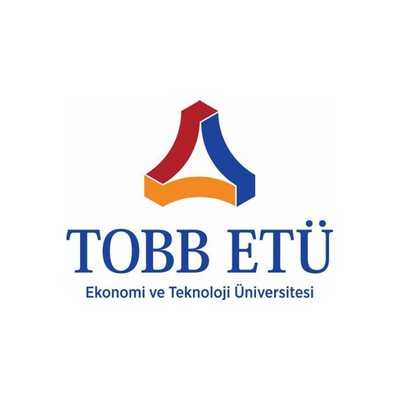


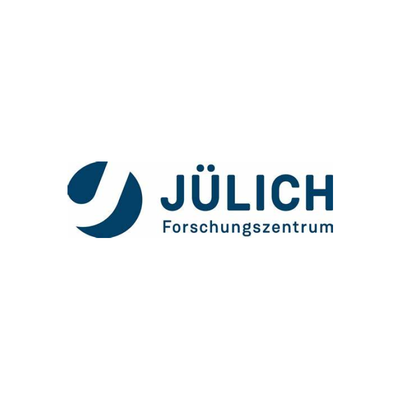

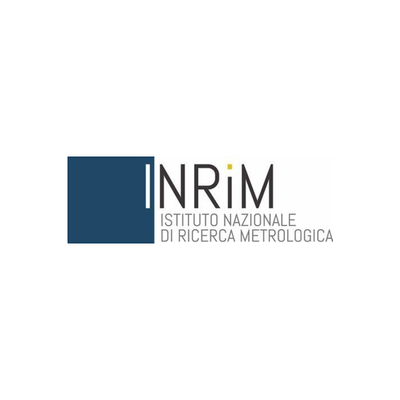
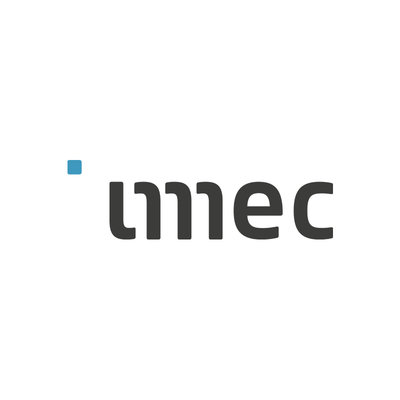



CPI has developed a set of memristive devices to understand the relationship between material properties and device functionalities for the first time.
The phenomena will also be investigated for the first time in low-dimensional systems such as nanowires and 2D materials, exploring its use in neuromorphic data processing.
CPI will facilitate sharing research recommendations and standardisation guides for this technology with organisations and end users.


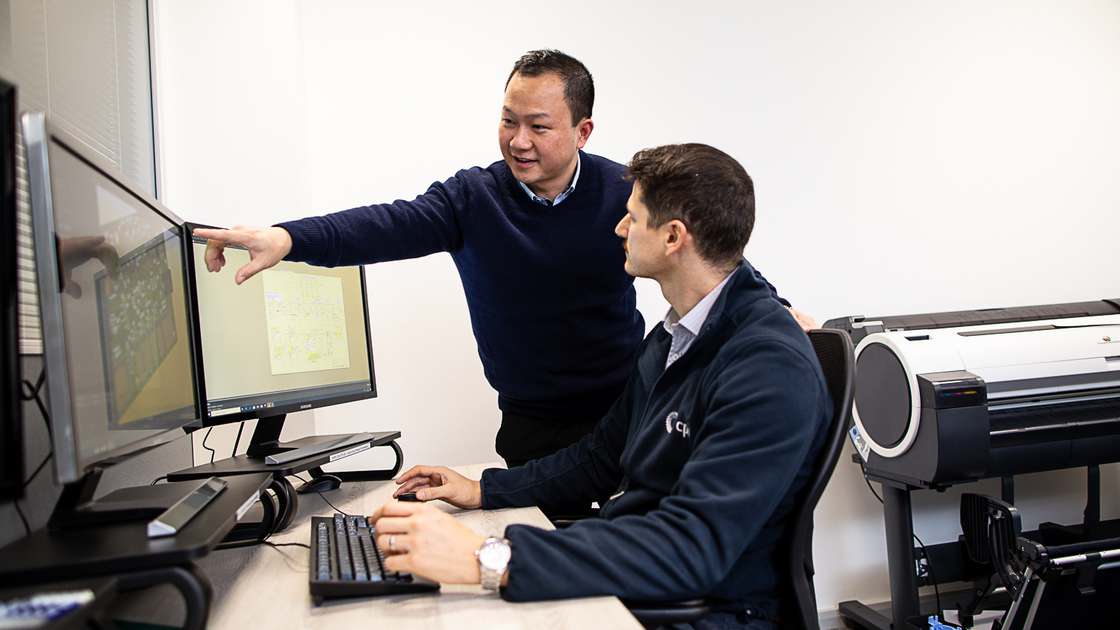
The project will develop guidelines and design rules for the fabrication of memristive devices and build an understanding of how to measure electrical activity at the nanoscale.
MEMQuD puts Europe at the forefront of developing innovative technologies for nanoelectronics, supporting rapidly growing fields such as AI, quantum technologies, and neuromorphic computing inspired by the human brain.
Using memristive devices for computing could reduce power consumption by orders of magnitude, helping to achieve Europe’s net-zero energy targets. Current AI models generate high costs in carbon dioxide emissions. Developing new hardware based on memristive devices would decrease the environmental impact of the AI sector.
Memristive devices are also generating excitement across the metrology, physics, chemistry, and biology communities. Developing these devices will inform advancements across consumer electronics, healthcare products, space, and military applications.


MEMQuD is helping ensure that European companies can develop and adopt the infrastructure needed to create new memristor-based products. Currently, calibration processes require highly specialised, costly environments. Standardised memristive devices could create self-calibrating systems that operate within the air and at room temperature, including smartphone geolocation apps, measurement devices, and navigation technology.
We look forward to sharing the outcomes of this project by May 2024.


To find out more about how we can work together, please enter your details below.